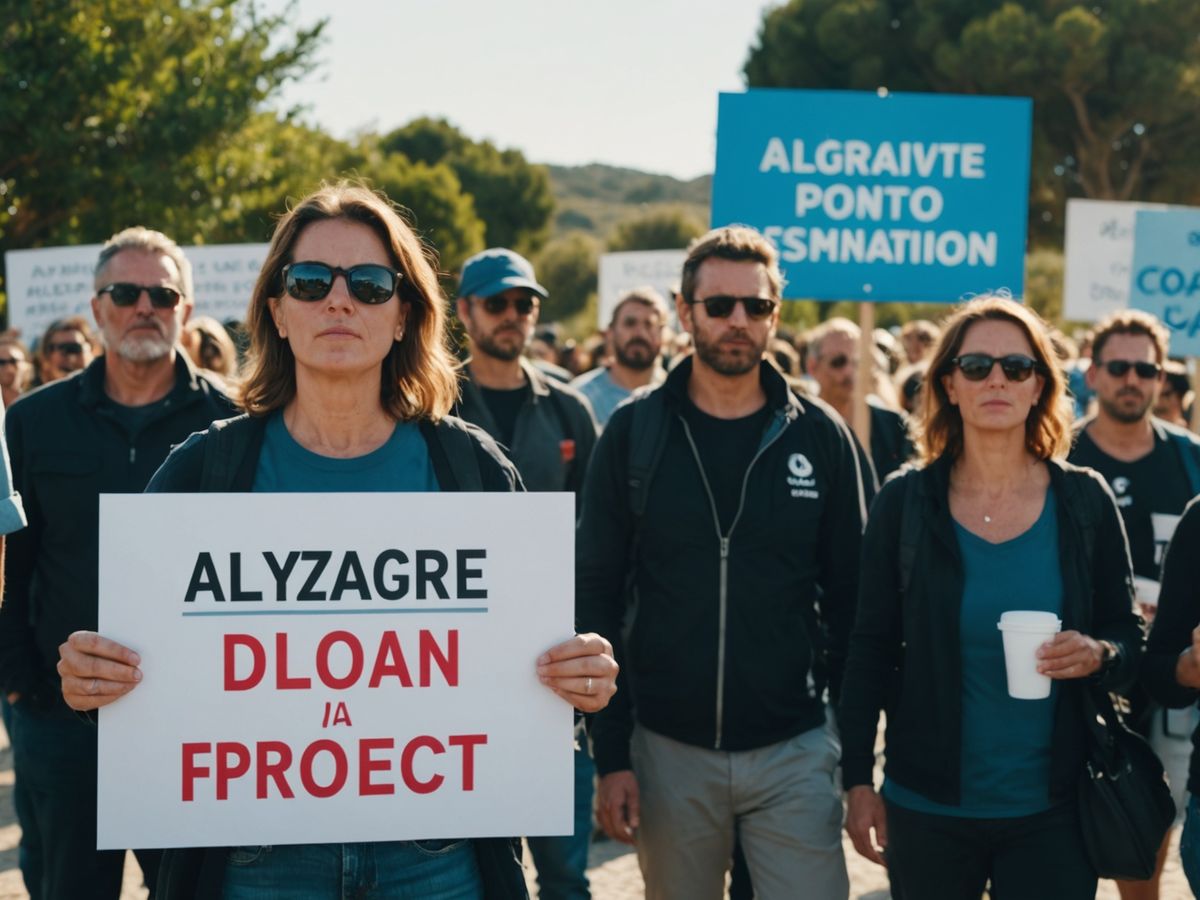Environmentalists have initiated legal proceedings with the Public Prosecutor’s Office to invalidate the Environmental Impact Statement (EIS) that favors the construction of a desalination plant in the Algarve.
Need To Know
- Platform Água Sustentável (PAS): A coalition of environmental associations challenging the EIS.
- Legal Action: Filed with the Public Prosecutor’s Office in Faro.
- Main Argument: The EIS does not meet national and European legal requirements.
- Project Details: Desalination plant in Albufeira, valued at €90 million, with a capacity of 16 cubic hectometers.
- Completion Date: Expected by the end of 2026.
Background
The Platform Água Sustentável (PAS), a coalition of various environmental associations, has taken legal action against the Environmental Impact Statement (EIS) issued by the Portuguese Environment Agency (APA) on April 3. The EIS favors the construction of a desalination plant in Albufeira, Algarve. PAS argues that the EIS does not comply with national and European laws and lacks essential project details.
Legal Proceedings
The legal action was filed with the Public Prosecutor’s Office at the Judicial Court of the District of Faro. PAS is requesting the invalidation of the EIS, citing numerous legal deficiencies and nullities. The coalition aims to remove this administrative act from the legal framework permanently.
PAS’s Arguments
PAS has consistently opposed the EIS since its issuance in April. The coalition argues that the EIS lacks critical information and fails to evaluate several significant impacts. According to PAS, the EIS does not meet the criteria to be classified as such and violates both national and European laws.
Project Overview
The desalination plant, to be located in Albufeira, is part of a broader strategy to address the drought affecting southern Portugal. The project, valued at €90 million, aims to convert seawater into potable water, with an initial capacity of 16 cubic hectometers. The project is managed by Águas do Algarve, responsible for water supply infrastructure in the region.
APA’s Position
The APA issued a favorable EIS for the desalination plant, albeit with conditions. The agency incorporated several requirements to mitigate potential impacts and plans a second evaluation phase during the project’s execution stage to ensure compliance with the EIS.
Future Steps
The construction of the desalination plant is expected to be completed by the end of 2026. However, the ongoing legal proceedings initiated by PAS could potentially delay or halt the project, depending on the outcome.
Conclusion
The legal action by PAS highlights the ongoing debate over the environmental and legal implications of large-scale infrastructure projects. As the case progresses, it will be crucial to monitor how the legal and environmental considerations are balanced.













